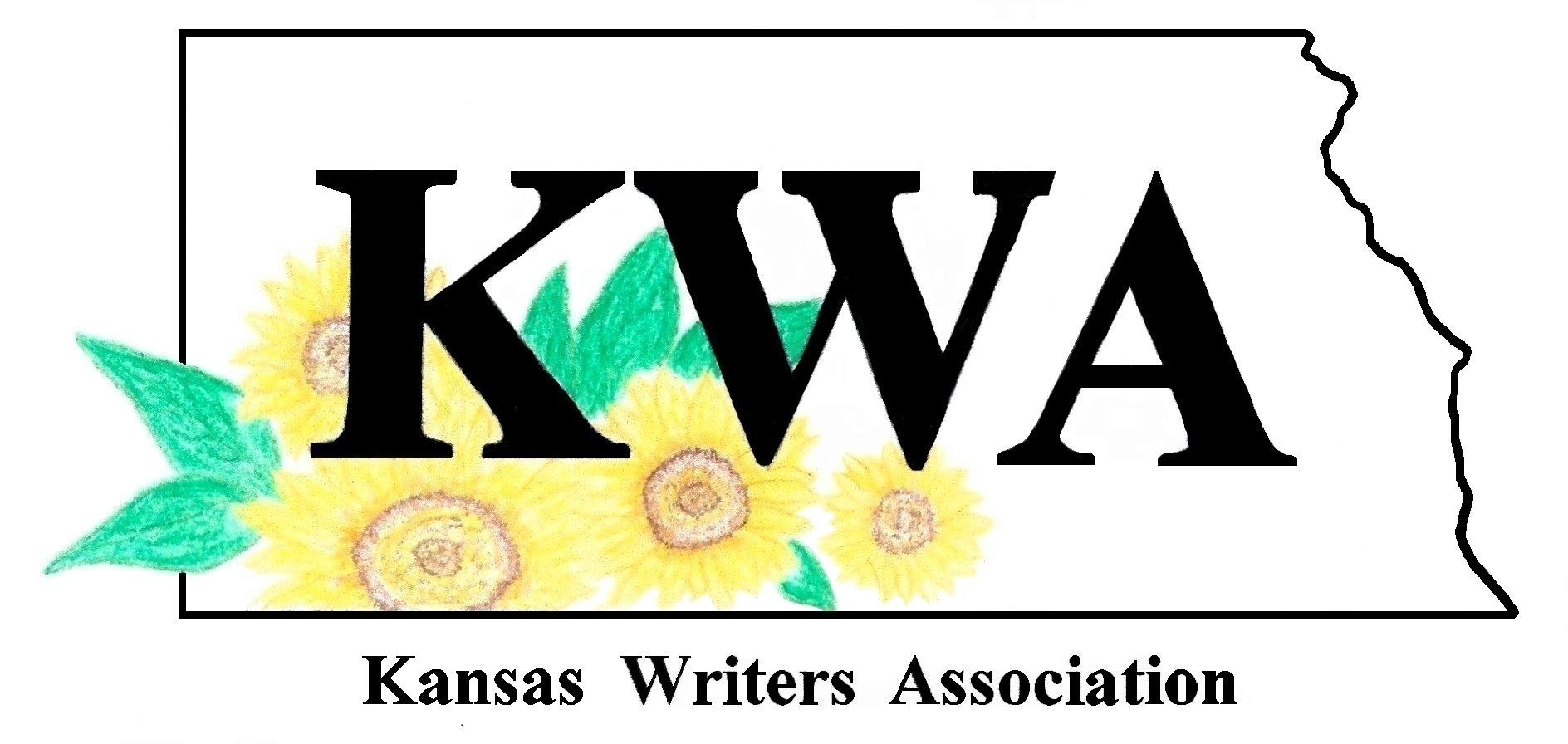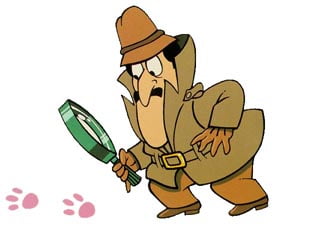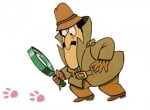I sat at my mother’s kitchen table, surrounded by loved ones. We spent the afternoon sharing memories from their childhood, about growing up in a small town in Missouri. The only thing that interrupted this enjoyable visit was when I had to turn over the tape. I was doing research on a story.
Good and complete research can erase the fear that writers face when crafting a book. Simple mistakes can distract your reader from the story. In order to suspend belief and encourage people to travel with you in your literary journey, your book must feel “real” to the reader. Authentic prose equals details: context, environment, history, and language bring perspective to literature.
Everyone knows that non-fiction work requires a great deal of research, but it is vital to all forms of writing. You wouldn’t want a killer to carry a .57 Magnum in your Wild West adventure, and it would be tricky to make your male protagonist sound authentic if you’re a female. According to The Female Brain by Louann Brizendine, the average man speaks 7,000 words per day, unlike women, who use 20,000. And we talk twice as fast, but who’s counting?
While the local library used to be where everyone went to find facts, we now have a much larger resource in our own homes. The internet is a veritable gold mine of statistics and information. There are two simple rules for effective research: ask and go.
When I did research on a family history, I emailed the extension agent for Carroll County, Missouri, and asked questions regarding crops, livestock and weather as far back as the 1940s. Looking for further information on vineyards in the area, I cruised websites of wine producers in central Missouri, which contained a wealth of historical data.
Some other resources to dig into:
Library of Congress
Travel blogs
English-language online newspapers
City Hall
County Courthouse
Census records
University and college libraries
College presses
Historical museums
Ellis Island
Genealogy websites
Nursing homes
Medline (U.S. Library of Medicine)
Layout of a city on Google Earth
Baby name websites (for finding great character names)
CIA Public Relations Office (for spy novels)
Twitter (contact people in the profession or geographic area in which you are interested)
Family members or friends with professional experience
Local tradesmen, collectors or craftsmen
If you meet someone with an interesting or unusual vocation or hobby, make sure to get their contact information. You never know when you, or another writer, might need to use it. Ask good, thoughtful questions. Play the sleuth. Remember Nicholas Cage in the National Treasure movies? By the way, I did my research on research by finding articles in Writer’s Digest, Word Serve Water Cooler, and by asking authors.
Whether you begin or end with research on your work-in-progress, make sure that you double-check your facts. One example of continuity is word usage in dialogue. Certain colloquialisms and slang terms are used in different regions of the country and world, or during past eras. These can be checked with area historical societies.
Finally, fact checking and research bring a “ring of truth” or authenticity to your prose. The nuances of background, sights, smells and sounds fill out the gaps in your story and bring rich texture. The most vital part of a reader’s experience is that they can “feel” the place or time of the novel, including science fiction. Research can provide that understanding and the process is both educational and enlightening.
“Your job as writer isn’t just to entertain, but also to teach. The reader may not know anything about the exotic setting of your novel, but through your research (and perhaps experience) you will take them right there and they will learn about it through you. Research breathes life into your narrative and your characters and in turn, that breathes reality into your writing.”—A.J. Humpage, novelist



I will be using some of the research possibilities you posted. Thanks for the information.